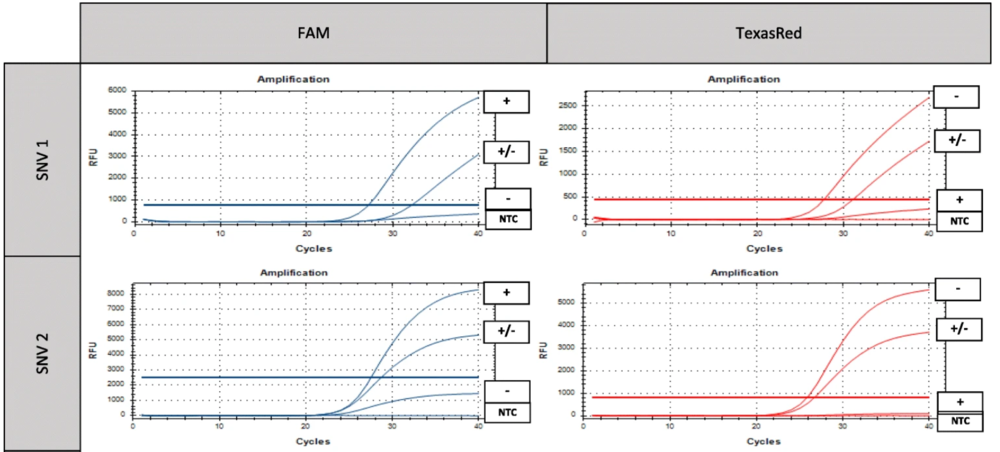Giving Beekeeping Guidance by cOmputatiOnal-assisted Decision making
B-GOOD research on the application of qPCR technology for detection of genetic resistance against Varroa
A methodology article recently published in the journal BMC Veterinary Research analyses the application of the qPCR technology for detection of genetic resistance against Varroa by honey bees. The paper called "qPCR assays with dual-labeled probes for genotyping honey bee variants associated with varroa resistance" presents a study on genetic alterations in honey bees associated with varroa resistance.
The study focuses on the expression of suppressed varroa mite reproduction, which describes the physiological inability of mites to produce viable offspring and was found associated with eight genomic variants in previous research. The authors, amongst whom B-GOOD researchers David Claeys Boúúaert, Lina de Smet, and project coordinator Prof. Dirk de Graaf, develop and validate high-throughput qPCR assays with dual-labeled probes for discriminating these eight single-nucleotide variants.
Photo: Amplification plots of the qPCR genotyping assays for the eight single-nucleotide variants (SNV) associated with suppressed mite reproduction.
By using amplicon sequences for assay validation, the research team revealed additional variants in the primer/probe binding sites in four out of the eight assays. As for two of these the additional variants interfered with the genotyping outcome supplementary primers and/or probes were developed. Inclusion of these primers and probes in the assay mixes allowed for the correct genotyping of all eight variants of interest within our bee population.
The study concludes that a well-designed qPCR assay for analysing genetic mechanisms for resistance to varroa by honey bees paves the way for the creation of a marker assisted selection in honey bee breeding programs.
Read the full article here.
